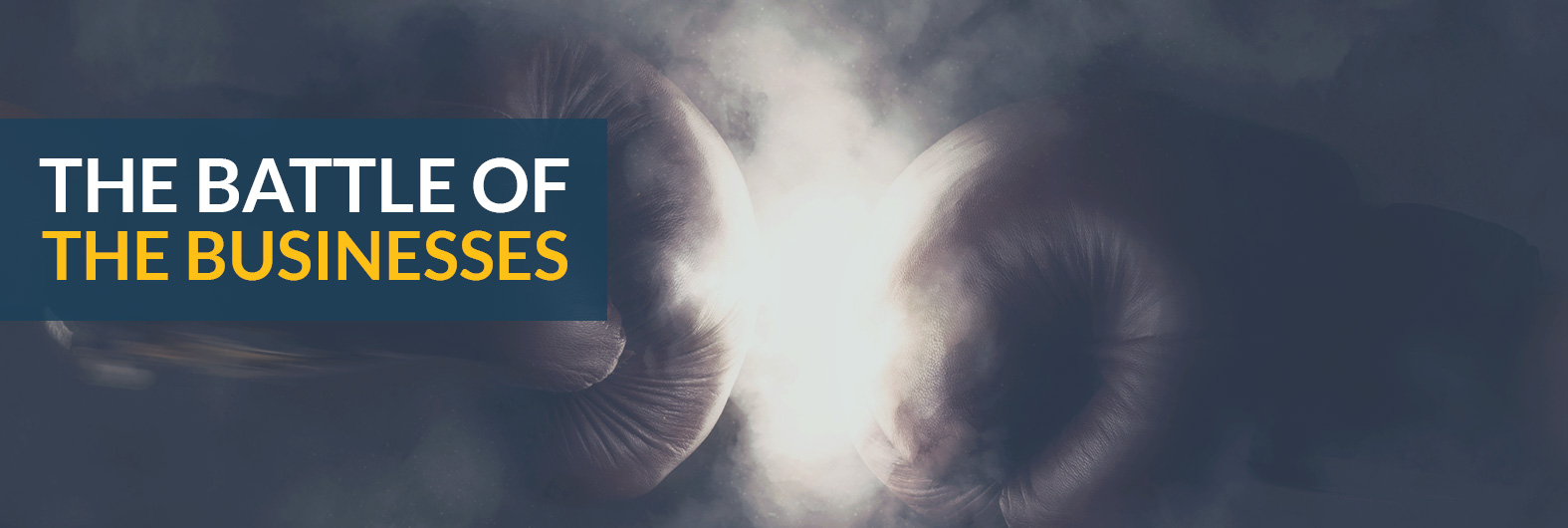There are some debates that will never be resolved – Apple vs. Android, Chiefs vs. Pirates, and of course, independent business vs. franchise operations.
At Merchant Capital, we share your drive to discover the best way to do business for your needs, so we have compiled a list of pros and cons for both operating models.
While we can’t choose which way you need to work, we can give you everything you need to know before you make a commitment.
Let the battle begin!
What is a Franchise?
A franchise is one shared business idea that is operated in various locations. It can be a network of restaurants, a syndicate of petrol stations, or even a small operation with a few branches or outlets.
Franchises operate in a structured way. There is a central franchisor who owns the brand and shares it with sub-owners called franchisees who manage each branch according to the overall business’s rules set by the franchisor.
A great local example is Sorbet.
What is an Independent Business?
So put it simply, an independent business is free of outside control – be that in the form of stakeholders or parent companies. They are usually privately owned, even when they are part of a network.
If you are running a business where you have the final say on all matters, then it’s an independent business.
Jackson’s Real Food Market is a good example.
Franchises: A Solid Foundation
There are many reasons why aspiring business owners are attracted to franchise business opportunities.
The first is that you have access to an established brand, and a network of support.
Unlike going solo, investing in a franchise means you will receive a clear set of rules, training on operations, and guidance from the franchisor which will help ensure standards and brand uniformity.
From a financial perspective, the upfront investment needed to become a franchise owner can be significantly lower than building a business from scratch (although the costs of becoming a franchisee vary by franchise).
The fact that you are becoming the operator of an established brand also makes it easier to get traffic in-store and turn a profit; in most cases people already know what you’re about, and that means the awareness part of the job has already been done for you.
Then there’s the access to the buying power and distribution channels of the entire network, which means you can enjoy competitive pricing without the need to go and fight for the best deal: most of the heavy lifting has been done for you.
In Favour of Independence
Independent businesses afford owners the freedom to do as they see fit.
You are in complete control of every decision, and responsible for the business from the idea stage right through to expansion and growth strategies.
As a result, you also dictate the level of income you take from the profits – financial control that extends to salaries, supplier partnerships and material investment in your space.
Being your own boss means you make all the rules, and can do as you please provided you play within the rule of law.
Downside & Disadvantages
Both business models have challenges that you need to consider before choosing the right path for your needs.
Franchisees are burdened in two areas: profit sharing, and a restrictive formula.
As a franchisee, a percentage of your profit is paid to the franchisor as royalties, who also set your performance and turnover targets. This adds serious pressure to your team, and heaps stress on you if things aren’t going well.
The second concern is that you are essentially managing a business template. Innovative ideas, marketing strategies and special offers need to be approved by the franchisor, which can be a frustratingly slow process.
Independent business owners also face their share of challenges. While they enjoy true freedom, this is accompanied by responsibility – for the business, and the families of your team. Your choices have a material impact on the lives of others, and that means you shoulder the pressure to perform.
A second challenge is the cost of establishing your business. Apart from legal charges, you need to factor rent and sales projections into your business plan, and then convince investors to give you the start-up capital you need based on trust alone.
Kickstarting the investment process often forces people to sacrifice their assets, additional investments, or pensions, which can be a risky choice should the business fail.
And the Winner is…
The choice of which business model suits you comes down to your personality and appetite for risk.
If you prefer stability and are willing to sacrifice a bit of control, then a franchise could work for you; the additional buying power and brand foundation make franchises a potentially lucrative option.
However, if you have a business idea rooted in need, and the ability to convince others of your cause, the freedom (and risk) of being an independent business owner is appealing.
Take time planning your business, and be realistic about your ownership needs, before choosing a path. And don’t forget that we are always here to finance your future – wherever it may lie.

